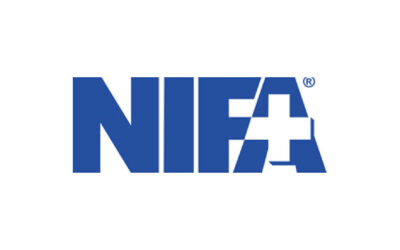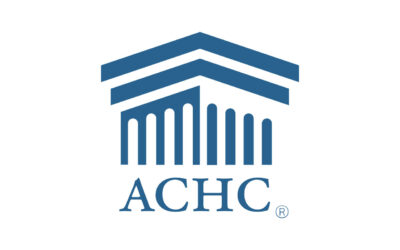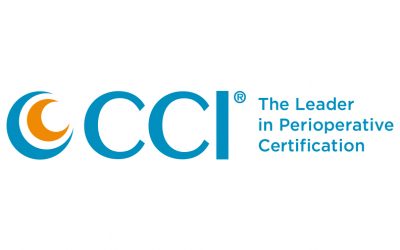
By James X. Stobinski
These are extraordinary times. The COVID-19 virus is having an incredibly disruptive impact on American health care to include perioperative nursing. At CCI, we have been able to continue uninterrupted service to our nurses, in working from home and practicing social distancing since early March. In the contact we have had through emails, phone conversations and social media we are being told of profound changes for many nurses working in the operating room setting.
One pervasive trend we have noted is that elective surgeries have been curtailed severely in many facilities and that overall surgical volume is way down. This presents an interesting dichotomy as surgical suites are underutilized and other work areas such as ICUs and emergency rooms are overcrowded and maxed out to capacity. We also have heard anecdotal reports of perioperative spaces such as post anesthesia care units being converted to inpatient critical care units. These are jolting changes for perioperative nursing.
As surgical volume has decreased many nurses have reported that they are faced with either using their precious paid time off (PTO) or going unpaid. It is also possible that some perioperative nurses will be furloughed or terminated due to a lack of cases. This presents a rapid swing from an overall shortage in the specialty to potentially being out of work. Some nurses have been offered an alternative in being floated to another work area but that raises other issues (Mathias, 2020). Perioperative nursing is a highly specialized skill set which does not easily transfer to a wide set of other work areas.
Perioperative nurses tend to have long careers in surgery and movement away from the specialty are rare once a nurse has developed a level of proficiency in the setting. It is likely that few perioperative nurses have any recent meaningful experience in other specialties. Simply holding an RN credential cannot guarantee competency in an ICU or med-surg setting. One of our CCI nurses, Julie Mower, opines that a return to team nursing concepts may allow nurses working in surgery to contribute in other units. Flexibility and adaptability are hallmarks of perioperative practice and with some degree of orientation this may be a workable compromise.
We must also realize that there is a rippling effect from rapid decreases to surgical caseloads. Other units and departments will also be affected; consider central processing and the post-surgical units as two examples. The OR is the economic engine of the hospital and we have now shut down that engine or cut it to a low idle. We must consider that not only have we markedly decreased revenue, but these same facilities are also incurring great expense in treating resource intensive COVID-19 patients for which reimbursement may be very low or non-existent.
There are some lessons to be learned from these experiences. Training and preparation, particularly for these worst-case scenarios, is a valuable investment. Maintaining a high state of readiness, as expensive as that may be, is also wise. Ensuring the readiness of critical equipment such as ventilators can also be anticipated as necessary. Recent experience with the SARS and MERS viruses provides valuable lessons here.
At CCI we continue to work with the hope that our country and health care system will eventually get through these incredibly challenging times. Please know that CCI staff are available to you to answer certification and recertification questions. Our intent is to be as flexible as we can in meeting your ongoing professional development needs. As a team, we encourage you to be safe and we are sincerely grateful for your efforts in these extraordinary times.
Reference
Mathias, J. (2020). Hospitals redeploy surgical specialists to front lines to fight COVID-19. Accessed April 2, 2020 at: https://www.ormanager.com/briefs/hospitals-redeploy-surgical-specialists-to-front-lines-to-fight-covid-19/









